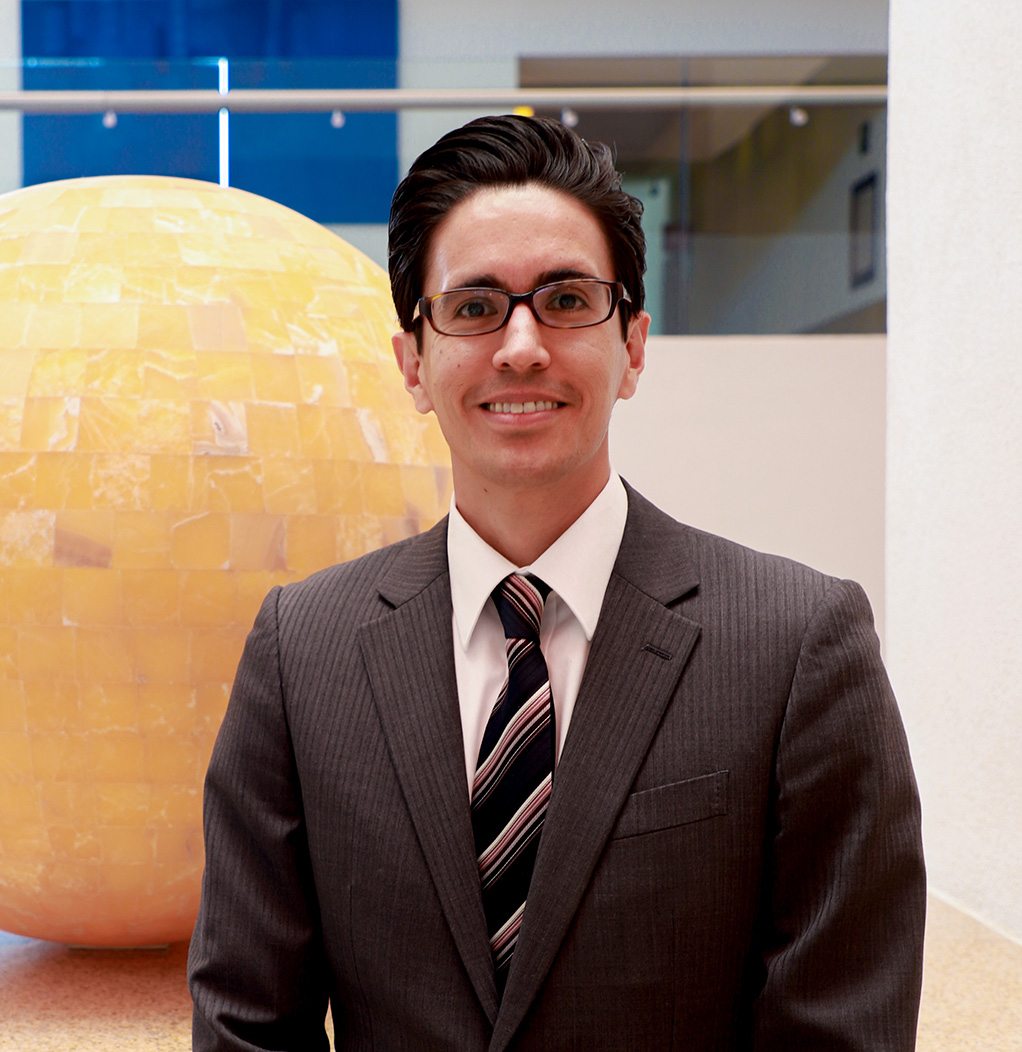“Moderna” is a word everybody has been talking about lately. As we all know, it is one of the main vaccines approved to tackle COVID-19. Years ago, Moderna, Inc. was virtually unknown to the general public, even though it had made a name for itself as an emerging player in the pharmaceutical industry. The company was founded in 2010 in Kendall Square, the heart of the Cambridge (USA) innovation ecosystem, seeking to “deliver on the promise of mRNA - messenger ribonucleic acid - science to create a new generation of transformative medicines for patients.” To date, Moderna, Inc. has a portfolio of 23 products in different clinical phases, with the COVID-19 vaccine standing out as its sole commercial product at present.
We know that translating scientific and technological research into successful innovations is a complex process, rife with technical and market uncertainties, ambiguity and volatility. Since these conditions are exacerbated in revolutionary innovations, i.e., new opportunities for the world that cover unexpected spaces in the market or are initially classified as impossible, it is commonly assumed that they follow unstructured processes, dictated by serendipity and impossible to manage. In the case of Moderna, Inc., quite the opposite is true; you just have to take a look at the origin of this company.
Moderna, Inc. forms part of the portfolio of Flagship Pioneering, a firm that its founder, Noubar Afeyan, defines as a meta-company, a company that produces companies. We are not talking about a venture capital company, but rather an organization that is capable of building its own revolutionary companies from the ground up, through internal skills and knowledge. So far, a total of 26 companies have been created in diverse technological fields, including Moderna, Inc. Something all of these companies have in common is that they are pioneers in their respective fields, or “insurgents,” as Afeyan says.
The success of Flagship Pioneering is the product of an exclusive systematic approach to the selection, incubation and maturing of revolutionary innovation opportunities. But what principles is this process based on?
- Ask yourself: What if…?”: The new idea or hypothesis exploration stage in new companies starts with questions such as: "What if this could be done?" or "If only that could be done, what would it mean?" This is a visionary exercise in an endeavor to find imaginary products or services, whose feasibility, viability, and attractiveness are still unknown. Here, an important process is to generate multiple hypotheses in order to diversify efforts within an area of interest previously defined by the team. Thinking about the validating our hypotheses is irrelevant, Noubar Afeyan stresses; in fact, the more irrational they are initially, the better, since most opportunities with revolutionary potential tend to be outside our comfort zones.
- De-risk your ideas: The next stage is to eliminate the risks inherent in your ideas, in other words, to de-risk. The idea is to take your initial hypotheses and ideas, however bad they are, to groups of experts and non-experts to receive as much feedback as possible and learn more about the problem and its possible solutions. As Noubar Afeyan states, the main thing is to hear “how bad and silly your ideas are.” Knowing the defects of your ideas and hypotheses will help improve them. This process also involves a series of experimentation cycles with the use of prototypes, which will gradually transform as you discuss them with more people. The purpose of this step is not only to validate or modify your ideas, but also to find a way to “kill” them. As Luis Pérez Breva comments in his book Innovar: Un manifiesto de acción, you need to continue only with ideas that could not be liquidated and not with those that are going to fail.
- Future-backwards discovery: We are all in the habit of focusing on solving current problems by planning for the present to influence the future. In most cases, this approach results in only slight improvements. In contrast, Flagship Pioneering uses what they call a future-backwards discovery method, in which entrepreneurs imagine alternative futures and work backwards, returning to the present and charting a course towards those imagined futures. To paraphrase Noubar Afeyan, this consists of operating in the present while being firmly rooted in the future, and not stuck in the past, currently working in the future.
- Revolutionary innovation develops from a process of evolution: The idea behind this principle is that revolutionary ideas emerge, and are not designed or defined beforehand. This process emulates Darwinian evolutionary thinking, which involves cycles of variation, selection, and iteration. In short, the survival of the fittest allows the winners to emerge, according to Noubar Afeyan. Of course, experimentation, trial and error, and the propensity for failure are inherent to this process. The evolutionary nature of this process does not restrict its result to incremental changes, but normally leads to significant and unexpected leaps in improving our solutions.
- Definition of platforms: Finally, entrepreneurial groups should focus on maximizing value beyond specific problems. Therefore, Noubar Afeyan reminds us that the goal is not to develop a particular product, but rather to create a platform with the potential for product and service diversity in different markets.
These principles are not a magic recipe, but rather a series of powerful guidelines that can impact the success of organizations in creating and managing revolutionary innovations. The case of Flagship Pioneering, and its work with Moderna, Inc., is a good example of this. Furthermore, the suspension in Japan of the use of the Moderna vaccine after the detection of batches contaminated with metal particles reflects the fragility and weakness of the innovation chain. Here, revolutionary ideas of great social and economic impact can go awry as a result of poor execution and scaling to market. Innovation is a process dominated by volatility, uncertainty, complexity, and ambiguity, which is why it cannot be left to intuition and luck. Establishing methods and approaches to manage the creation, development and scaling of revolutionary innovations is and will be a condition for all truly innovative organizations.
References
- Hong, L. & Pisano, G. (2018) Institutionalized Entrepreneurship: Flagship Pioneering. Harvard Business School Case Collection 718-484
- Perez-Breva, L. (2018) Innovating: A Doer's Manifesto for Starting from a Hunch, Prototyping Problems, Scaling Up, and Learning to Be Productively Wrong. MIT Press.
- Entrevista con Noubar Afeyan de Prof. Karim Lakhani (Harvard Business School). En: https://www.youtube.com/watch?v=V5TrUzA30Yo
The author is a full-time professor at EGADE Business School.

